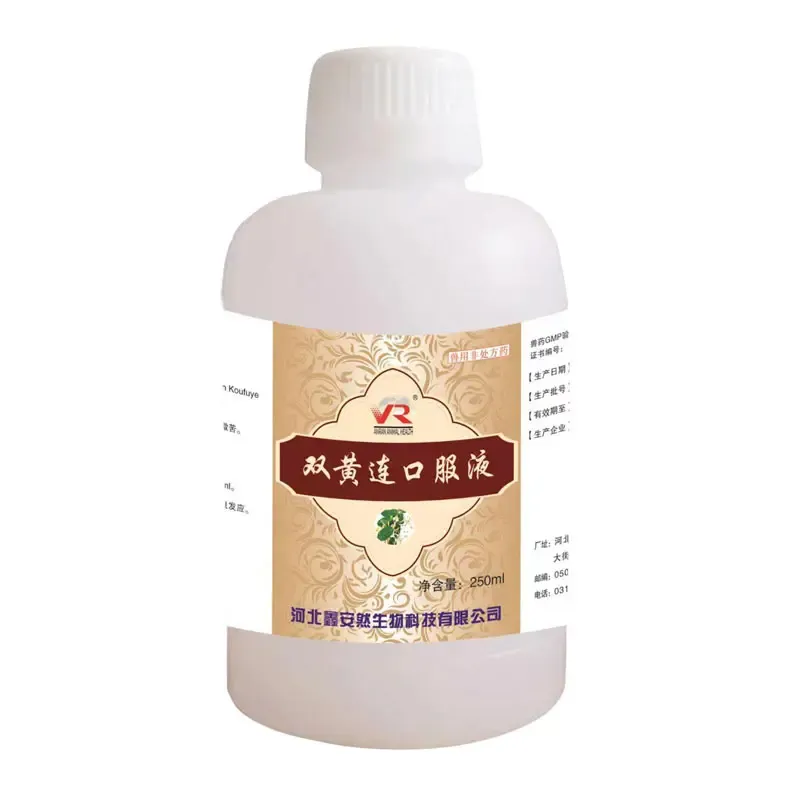- Afrikaans
- Albanian
- Amharic
- Arabic
- Armenian
- Azerbaijani
- Basque
- Belarusian
- Bengali
- Bosnian
- Bulgarian
- Catalan
- Cebuano
- Corsican
- Croatian
- Czech
- Danish
- Dutch
- English
- Esperanto
- Estonian
- Finnish
- French
- Frisian
- Galician
- Georgian
- German
- Greek
- Gujarati
- Haitian Creole
- hausa
- hawaiian
- Hebrew
- Hindi
- Miao
- Hungarian
- Icelandic
- igbo
- Indonesian
- irish
- Italian
- Japanese
- Javanese
- Kannada
- kazakh
- Khmer
- Rwandese
- Korean
- Kurdish
- Kyrgyz
- Lao
- Latin
- Latvian
- Lithuanian
- Luxembourgish
- Macedonian
- Malgashi
- Malay
- Malayalam
- Maltese
- Maori
- Marathi
- Mongolian
- Myanmar
- Nepali
- Norwegian
- Norwegian
- Occitan
- Pashto
- Persian
- Polish
- Portuguese
- Punjabi
- Romanian
- Russian
- Samoan
- Scottish Gaelic
- Serbian
- Sesotho
- Shona
- Sindhi
- Sinhala
- Slovak
- Slovenian
- Somali
- Spanish
- Sundanese
- Swahili
- Swedish
- Tagalog
- Tajik
- Tamil
- Tatar
- Telugu
- Thai
- Turkish
- Turkmen
- Ukrainian
- Urdu
- Uighur
- Uzbek
- Vietnamese
- Welsh
- Bantu
- Yiddish
- Yoruba
- Zulu
Nov . 12, 2024 21:01 Back to list
human antiparasitic drugs
The Role of Antiparasitic Drugs in Human Health
Antiparasitic drugs are essential tools in the treatment and prevention of parasitic infections that affect millions of people worldwide. These drugs target various types of parasites, including protozoa, helminths (worms), and ectoparasites (external parasites like lice and ticks). The importance of antiparasitic agents in human health cannot be overstated, especially in tropical and subtropical regions where these infections are endemic.
Types of Parasitic Infections
Parasitic infections can be classified into three major categories
1. Protozoan Infections Caused by single-celled organisms, protozoan infections include malaria (caused by Plasmodium spp.), giardiasis (Giardia lamblia), and leishmaniasis (Leishmania spp.). Malaria remains a significant health burden in many regions, particularly sub-Saharan Africa. It is transmitted through the bites of infected Anopheles mosquitoes, and the disease can be deadly if not treated promptly.
2. Helminthic Infections Helminths are multicellular organisms that can reside in the human body and lead to diseases like schistosomiasis, estimated to afflict over 200 million people worldwide, and soil-transmitted helminth infections such as ascariasis and hookworm. These infections can cause malnutrition, anemia, and developmental issues in children.
3. Ectoparasitic Infections Ectoparasites, such as lice and scabies, live on the skin and can cause significant discomfort and secondary infections. While these infections are less lethal than internal parasitic diseases, they can affect quality of life and lead to social stigmatization.
Common Antiparasitic Drugs
Several antiparasitic drugs have been developed to combat these infectious agents. Some of the most common include
- Chloroquine and Artemisinin Used primarily in the treatment of malaria, these drugs target the parasite in the bloodstream. Artemisinin-based combination therapies (ACTs) are now the recommended treatment for uncomplicated malaria due to their effectiveness and lower risk of resistance.
- Metronidazole This is commonly used to treat giardiasis and other protozoan infections
. It works by disrupting the DNA of the parasites, ultimately leading to their death.human antiparasitic drugs

- Praziquantel Widely used to treat schistosomiasis and liver fluke infections, praziquantel works by causing paralysis of the parasite, allowing the body to expel it.
- Ivermectin Originally developed to treat parasites in animals, ivermectin has been pivotal in combating onchocerciasis (river blindness) and lymphatic filariasis in humans. It is also effective against many intestinal worms.
Challenges in Antiparasitic Drug Use
Despite the availability of these drugs, several challenges remain in the fight against parasitic infections. One significant issue is the emergence of drug resistance, particularly in malaria treatment. Mutations in the Plasmodium parasite have led to decreased sensitivity to commonly used antimalarial drugs. This resistance demands continuous surveillance and the development of new therapeutic agents.
Moreover, access to antiparasitic medications remains a challenge in many low-income regions. Factors such as cost, healthcare infrastructure, and lack of awareness about the diseases contribute to ineffective treatment and increased morbidity and mortality rates.
The Future of Antiparasitic Therapies
The future of antiparasitic drugs lies in research and innovation. Scientists are exploring novel compounds and treatment regimens to combat resistant strains of parasites. Additionally, the integration of antiparasitic drug administration with public health measures, such as vector control and improved sanitation, can significantly reduce the incidence of parasitic infections.
Moreover, global health initiatives are crucial in promoting the equitable distribution of antiparasitic medications and raising awareness about prevention strategies. Education about hygiene and sanitation can help curb the transmission of many parasitic diseases.
Conclusion
Antiparasitic drugs play a vital role in maintaining public health, particularly in regions heavily burdened by parasitic infections. Continued investment in research, education, and healthcare infrastructure is essential to enhance the effectiveness of these drugs and ensure they are accessible to all individuals at risk. The ultimate goal is to reduce the global burden of parasitic diseases, improve the quality of life for affected populations, and pave the way for a healthier future.
-
Guide to Oxytetracycline Injection
NewsMar.27,2025
-
Guide to Colistin Sulphate
NewsMar.27,2025
-
Gentamicin Sulfate: Uses, Price, And Key Information
NewsMar.27,2025
-
Enrofloxacin Injection: Uses, Price, And Supplier Information
NewsMar.27,2025
-
Dexamethasone Sodium Phosphate Injection: Uses, Price, And Key Information
NewsMar.27,2025
-
Albendazole Tablet: Uses, Dosage, Cost, And Key Information
NewsMar.27,2025













